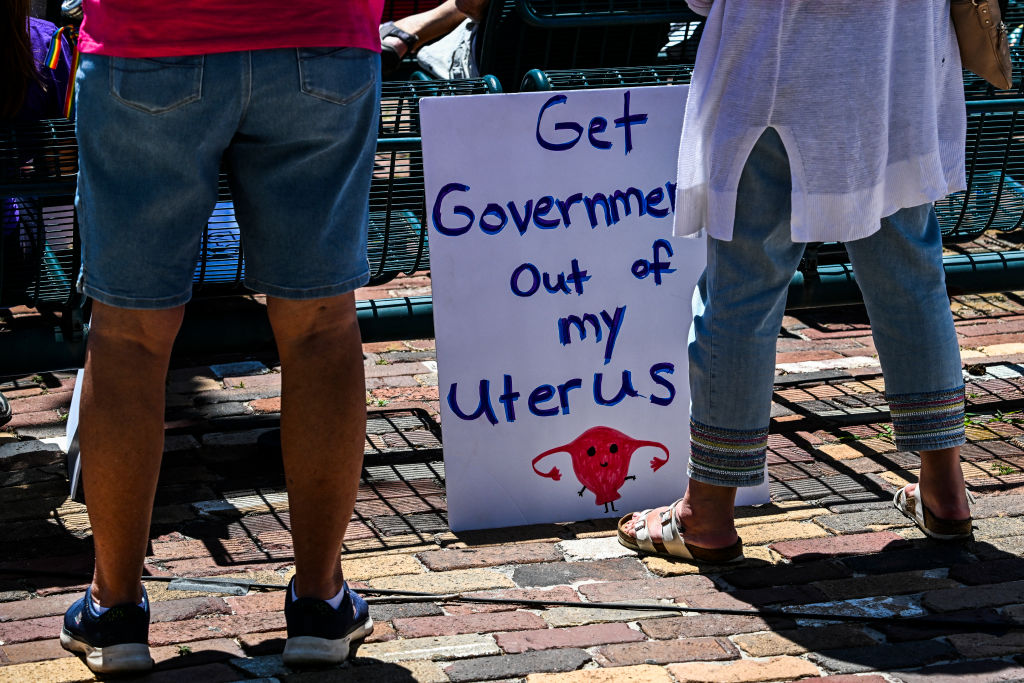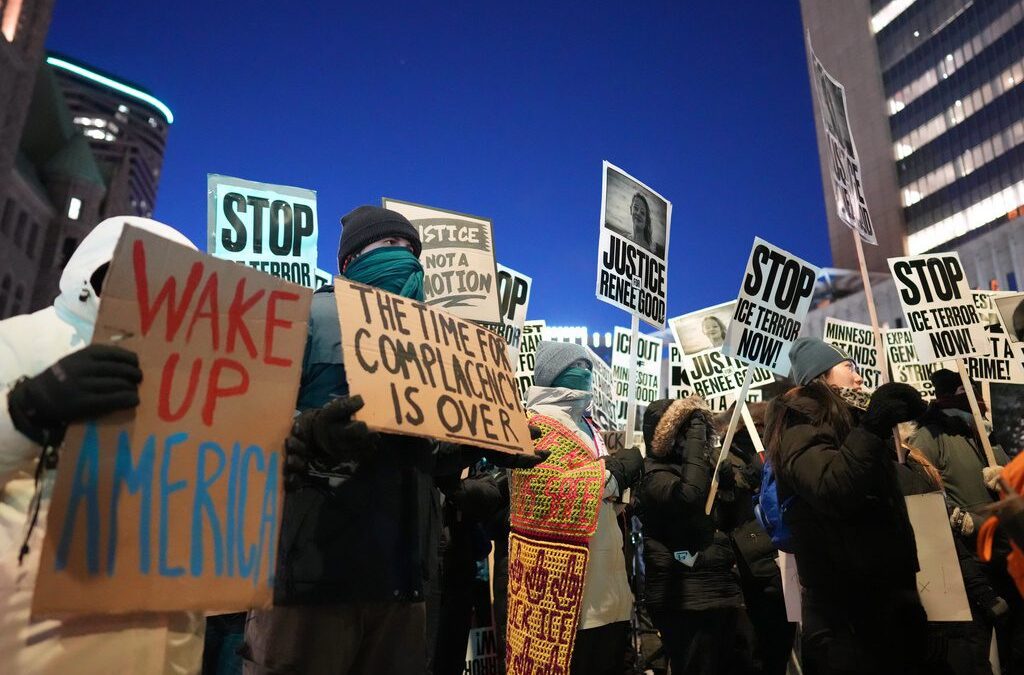
Photo by Chandan Khanna / AFP via Getty Images
As abortion rights take center stage in Florida’s 2024 elections, voters will have the final say on whether abortion should be banned after six weeks, or legal until viability. Here is what the proposed amendment could mean for women and families across the Sunshine State.
In April of 2024, the Florida Supreme Court issued a ruling upholding Gov. Ron DeSantis’ 15-week abortion ban, which gave way for a six-week abortion ban to take effect a month later.
The state’s highest court also approved a proposed ballot amendment that would enshrine abortion protections in the state constitution.
What, exactly, is in the proposed amendment, and what could its passage, or rejection, mean for Floridians? Here are the facts you may want to know before casting a ballot.
What is Amendment 4?
The “Amendment to Limit Government Interference with Abortion” is a grassroots-driven initiative that will appear on the ballot in the November 5, 2024, election. Voters will be able to vote Yes or No on the amendment.
RELATED: Republicans keep lying about ‘post-birth’ abortions and ‘abortion up until birth.’ Here’s the reality.
What is Florida’s current abortion ban?
Gov. Ron DeSantis and the Republican-controlled Legislature in 2023 passed a law banning abortions after six weeks of pregnancy. The ban went into effect in May, after being upheld by the Florida Supreme Court. As a result, abortion is banned in the state after six weeks of pregnancy, which is before many women even know they are pregnant.
The law comes with exceptions for fatal fetal abnormalities and to protect the life of the mother. State health officials issued emergency rules outlining life-threatening conditions that would let doctors perform an abortion after six weeks, but many physicians feel the rules don’t go far enough, as there are other circumstances not included in the rules that could make a pregnancy a danger to the mother’s health. Victims of rape, incest, and human trafficking are allowed to get abortions up to 15 weeks if they provide evidence, such as a restraining order, a police report, or medical records.
What will Amendment 4 do if it passes?
It will limit government interference with abortion in Florida and make the procedure largely legal again in the state.
The amendment’s complete text reads:
“No law shall prohibit, penalize, delay, or restrict abortion before viability or when necessary to protect the patient’s health, as determined by the patient’s healthcare provider. This amendment does not change the Legislature’s constitutional authority to require notification to a parent or guardian before a minor has an abortion.”
RELATED: Florida’s abortion restrictions had devastating consequences for this mother
What does a “Yes” vote for Amendment 4 mean?
It means that abortion will be legal before viability – which is generally understood to mean the point at which the fetus is viable outside the uterus, which is usually around 24 weeks – or when necessary to protect a patient’s health, as determined by their healthcare provider.
What will happen if Amendment 4 does not pass?
Florida’s abortion ban will stay in effect, requiring most pregnant women to carry pregnancies to term or to travel out of state to obtain an abortion.
How many voters are needed to pass Amendment 4?
It requires 60% of voters voting Yes in order to pass.
What is the controversy surrounding the amendment’s financial statement?
A panel of economists approved a financial impact statement that will appear alongside Amendment 4 claiming that multiple Florida laws could be challenged as unconstitutional if the amendment were to take effect, resulting in lost tax revenue and high litigation costs. The panel included representatives for Florida Gov. Ron DeSantis and for Republican House Speaker Paul Renner.
Florida doctors, abortion rights advocates, and Floridians Protecting Freedom’s “Yes on 4” campaign are calling the language of the financial impact statement “highly politicized and unlawfully inaccurate to mislead voters.”
If Amendment 4 passes, when will it go into effect?
Tuesday, January 7, 2025.
Support Our Cause
Thank you for taking the time to read our work. Before you go, we hope you'll consider supporting our values-driven journalism, which has always strived to make clear what's really at stake for Floridians and our future.
Since day one, our goal here at Floricua has always been to empower people across the state with fact-based news and information. We believe that when people are armed with knowledge about what's happening in their local, state, and federal governments—including who is working on their behalf and who is actively trying to block efforts aimed at improving the daily lives of Florida families—they will be inspired to become civically engaged.


Oppose ICE? Here’s how you can take action
The moment we’re in The US Senate is currently deciding whether to approve new funding for the Department of Homeland Security (DHS), including...

Oppose ICE? Here’s how you can take action
The moment we’re in The US Senate is currently deciding whether to approve new funding for the Department of Homeland Security (DHS), including...

Florida’s wildfire season: What you need to know
Discover Florida's year-round wildfire risks, contributing factors, and prevention strategies, plus key historical events and community awareness....

Decline of Florida’s citrus industry hastened by Trump’s tariff tiff
Hurricanes and disease have already taken a tremendous toll on those fragrant trees, not to mention development demand for the land. This weekend I...




